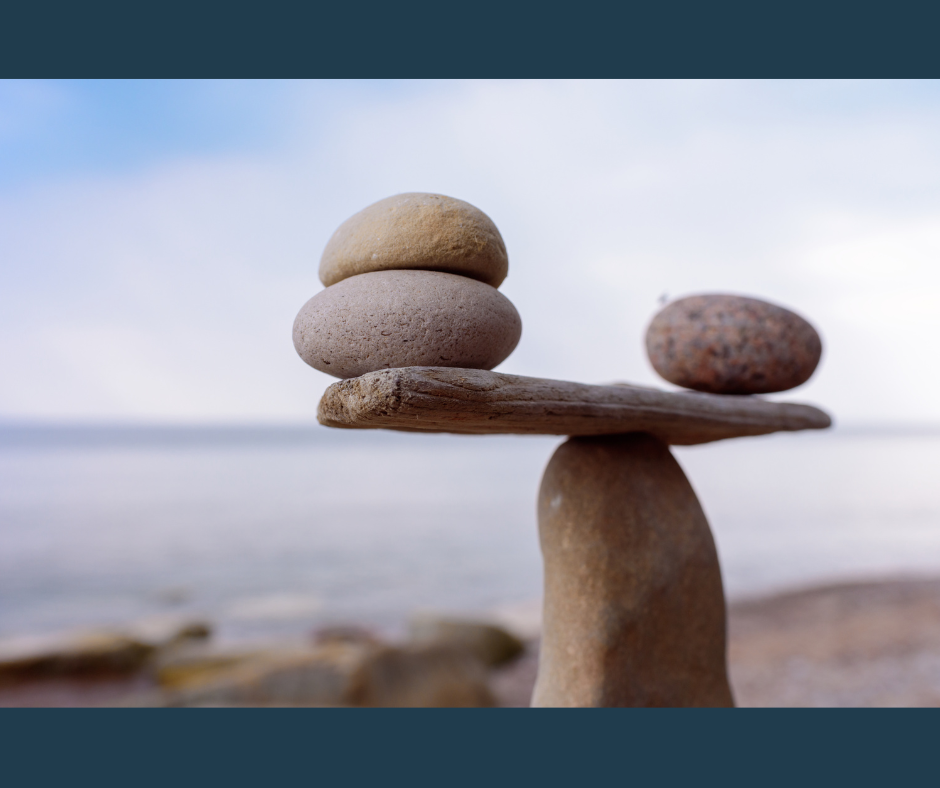“If I prepare for the worst, nothing can hurt me.”
Sometimes, when faced with a significant change or a new challenge, we armour up. We have learned from the past that sometimes we get hurt, and we prepare for battle.
And then, we get pleasantly surprised that things do not go as badly as we thought. So, when we experience relief, we believe being negatively prepared is a great defence strategy.
The Stoics used to agree – and I love the Stoics! Years of classical studies made me truly appreciate them.
They didn’t advocate pessimism or dwelling on negative thoughts, but rather a rational and detached assessment of potential challenges. By doing so, they believed one could diminish the power that fear, anxiety, and external events had over them.
Seneca wrote extensively on this topic in his letters and essays. He emphasised the importance of practicing adversity in advance so that when difficult situations arose, individuals could respond with composure and rationality rather than being overwhelmed by emotions.
I agree and like his approach, but truth be told, I think most of us are rubbish at it.
The Stoics used to practise detachment above all – and that deserves a whole other blog. All most of us do is simply rehearse in a loop of fear and catastrophise.
We do not know how to detach fully. All we do is suffer while imagining the worst, creating more anxiety and often a self-fulfilling prophecy.
The counterargument to the Stoic’s philosophy is that if we approach the change with a positive attitude, we will see opportunities and somehow ‘manifest’ a positive outcome. When we welcome change with curiosity, creativity, and a growth mindset, all will work out just fine. We simply will attract positivity.
That is true, but when the stakes are high, we are also not very good at that – something to work towards.
So, until we all learn detachment or eternal optimism, I have a different opinion on the best approach. A boring one perhaps. A less polarizing one.
I believe the truth to be in the middle. I believe in things being a bit more neutral. More balanced.
I don’t like focusing solely on the good parts and forcing positivity with no foundation. Sometimes, we do not know what is at stake and how things will play out. Caution could be wise.
But I try hard not to expect the worst for the sake of it or just because something didn’t work out in the past.
Of course, I am human and prone to looking out for the negative. After all, it is the brain’s job always to keep me safe and alive.
But while my first thought can sometimes go to the negative, I believe that expecting the worst means already having decided we have no agency to create anything positive.
A risk assessment is essential, but it shouldn’t be the only priority. Also, before we assess the risk, we should ask ourselves whether we are implementing a logical and accurate assessment or one through the lens of limiting beliefs and negative past experiences.
See? Unless we entirely detach, we cannot stoically assess – something to aim towards, for sure.
Until then, for most of us, expecting the worst means that we have already judged the situation, the people in it, and the fact that we cannot influence any of it.
I would feel I’ve given my power away already. That I am on the defensive before I have even started.
Plus, our brain likes to find evidence of being right—and if I am prepared for negativity, I will indeed find it somewhere!
So, I battle my negative bias by saying, “Let’s see what happens.”
I warned you. It is hardly ground-breaking.
I like to fact-check. It could be good; it could be bad. However, I am going in with an open mind.
I call it “cautious optimism”. This is my detachment and positivity second best.
When we keep an open mind, we are available to all possibilities. Life is nuanced after all, so why wouldn’t we allow for that?
I am not naive; I know that when there is change, there might be risks. But I also trust that it might all work out for the best and that I can influence the outcome by bringing my best foot forward. Not by being naively positive and vulnerable, but not armoured up either.
It is tougher than it sounds, and I get it wrong sometimes. But that is what I strive for – always to keep an open, balanced, and independent mind.
Life has a funny way of messing with us but equally surprising us with many gifts – we just have to let it.
In conclusion, while stoicism an ideal you could like to strive for, it might not always be easily attainable for everyone at any time. And when the stakes are high, our fears might also cloud our ability to be positive.
Instead, let’s focus on fact-checking, conducting unbiased risk assessments, staying open and curious, and allowing for various outcomes. The goal is the balanced perspective of cautious optimism.
“Let’s see what happens”.

